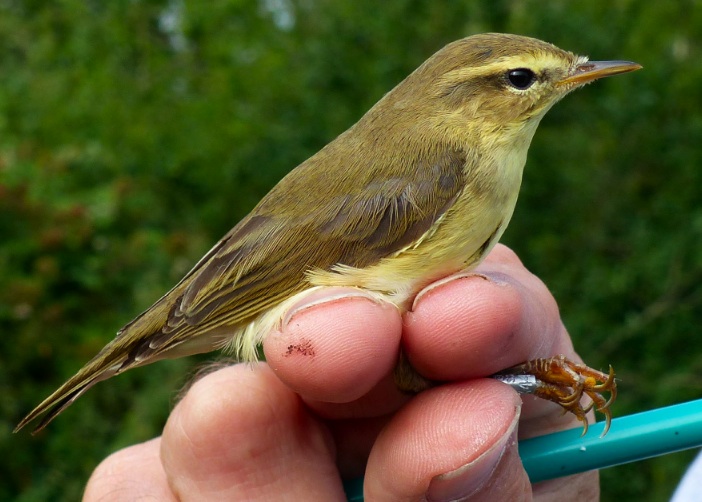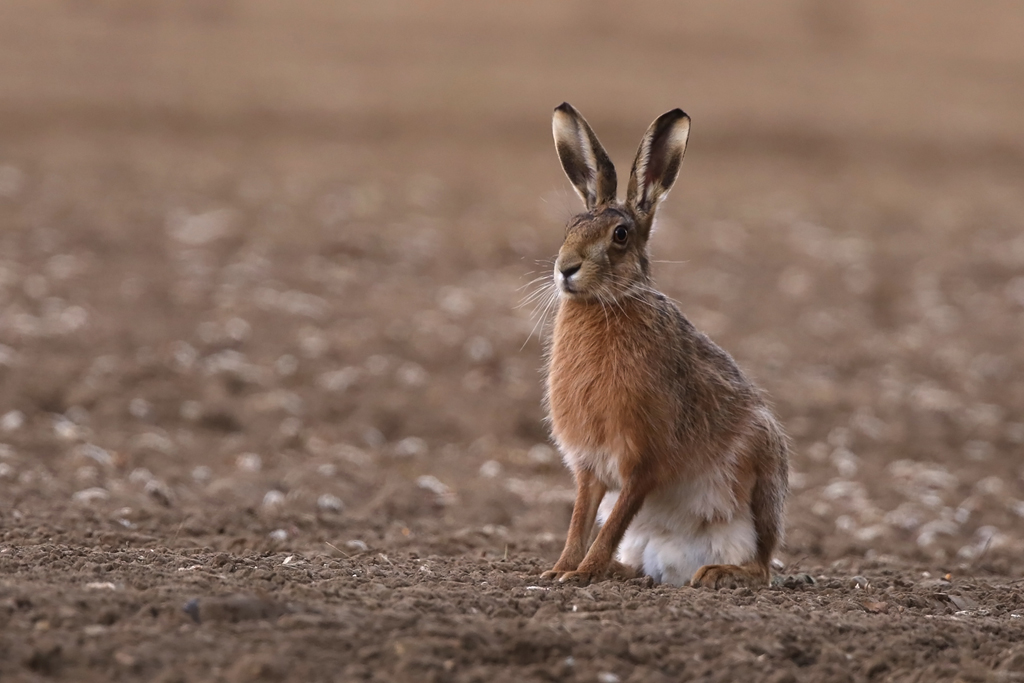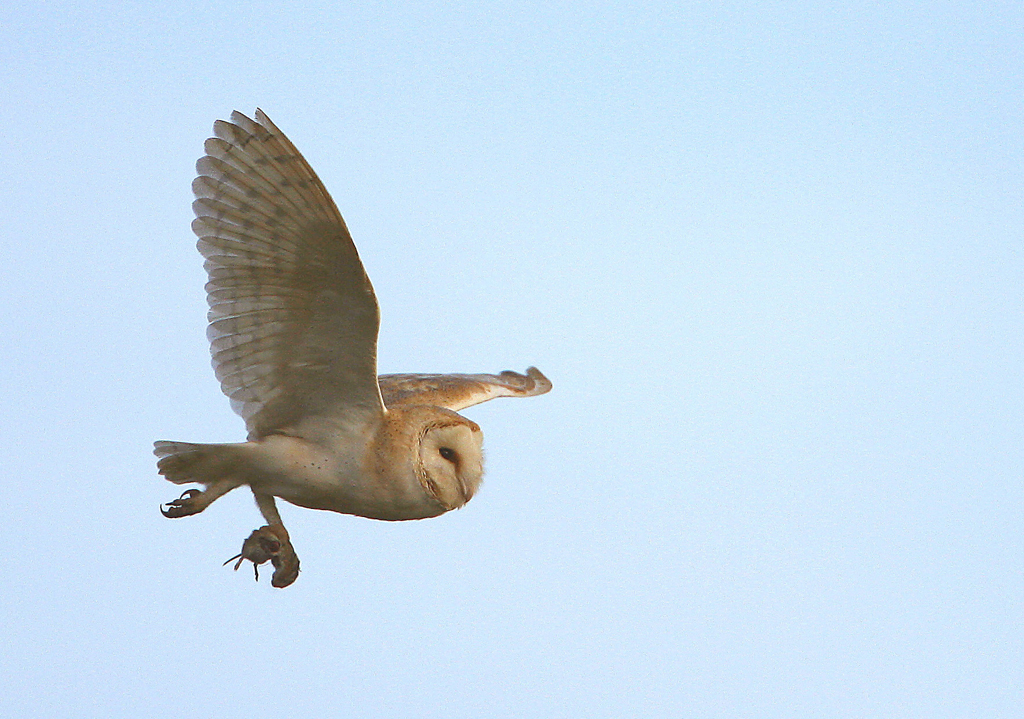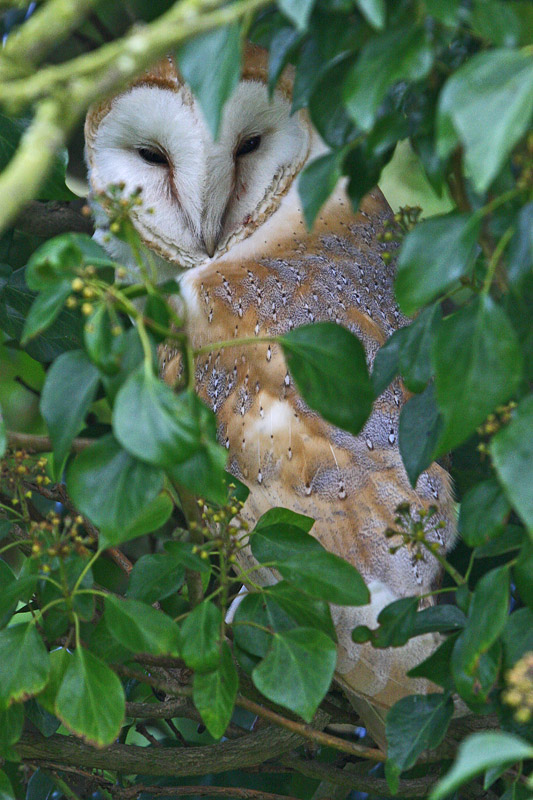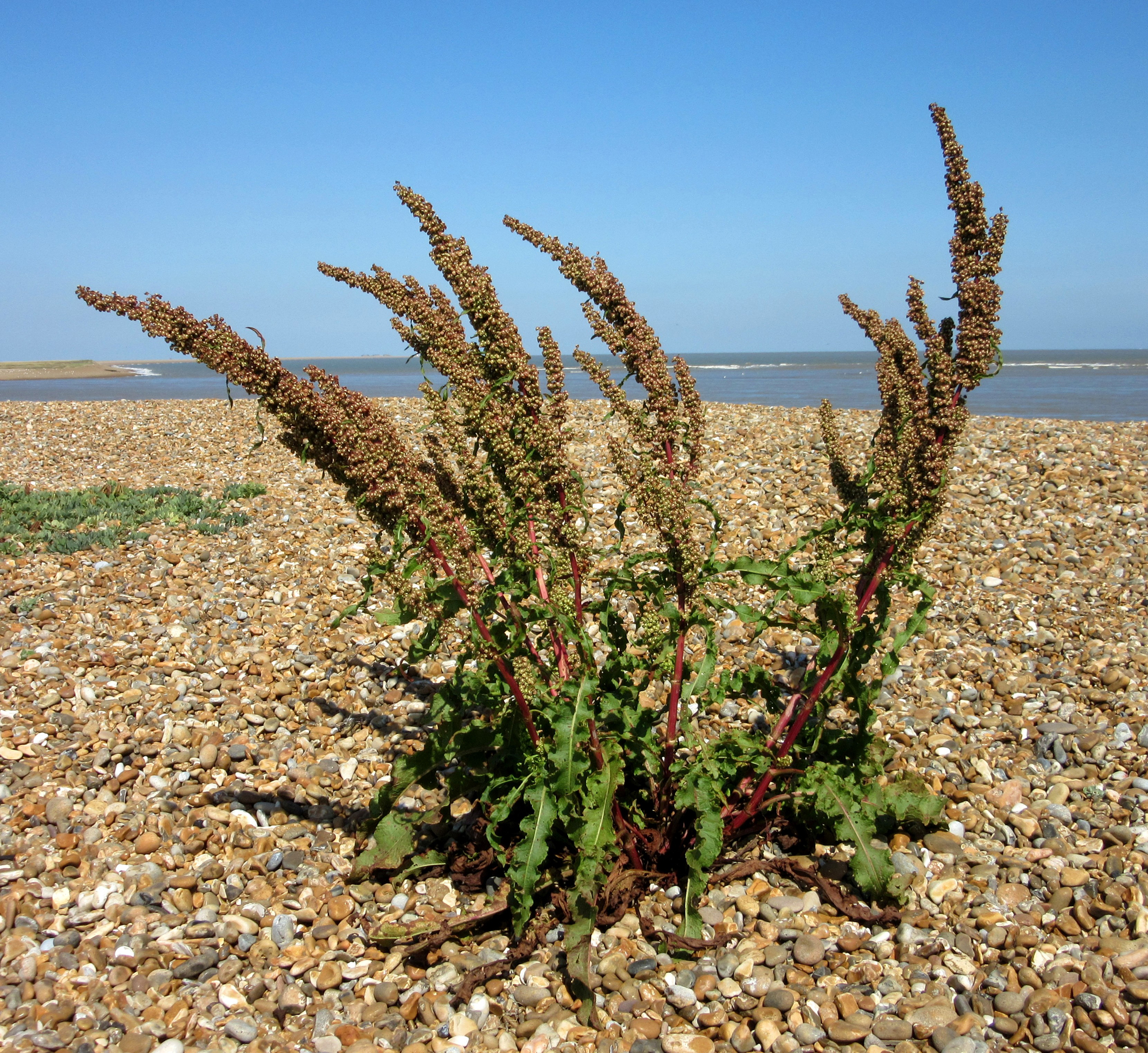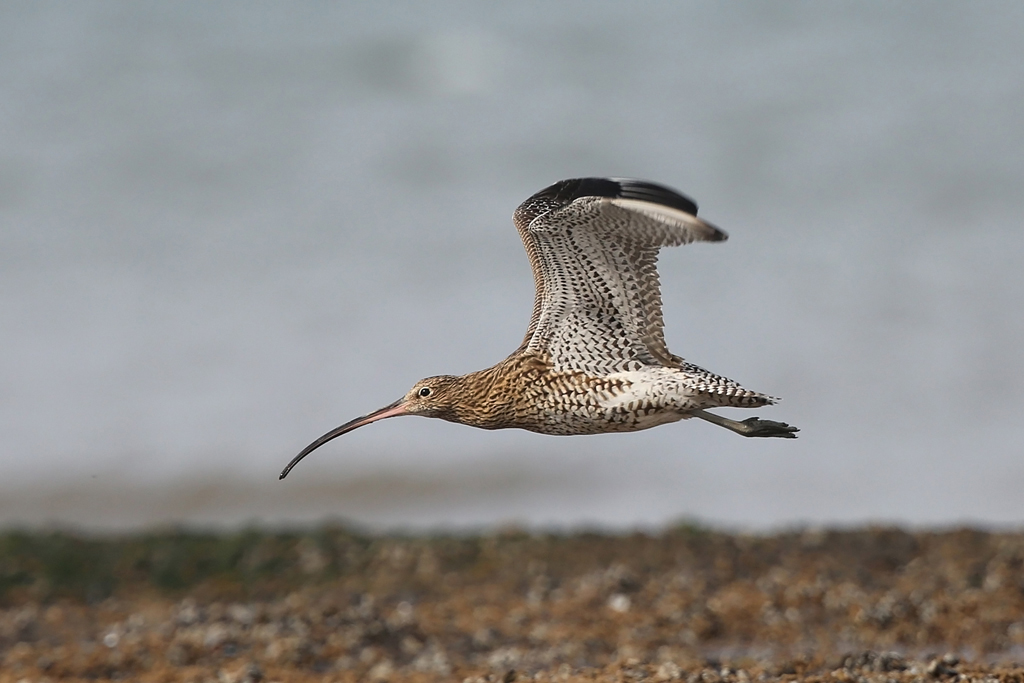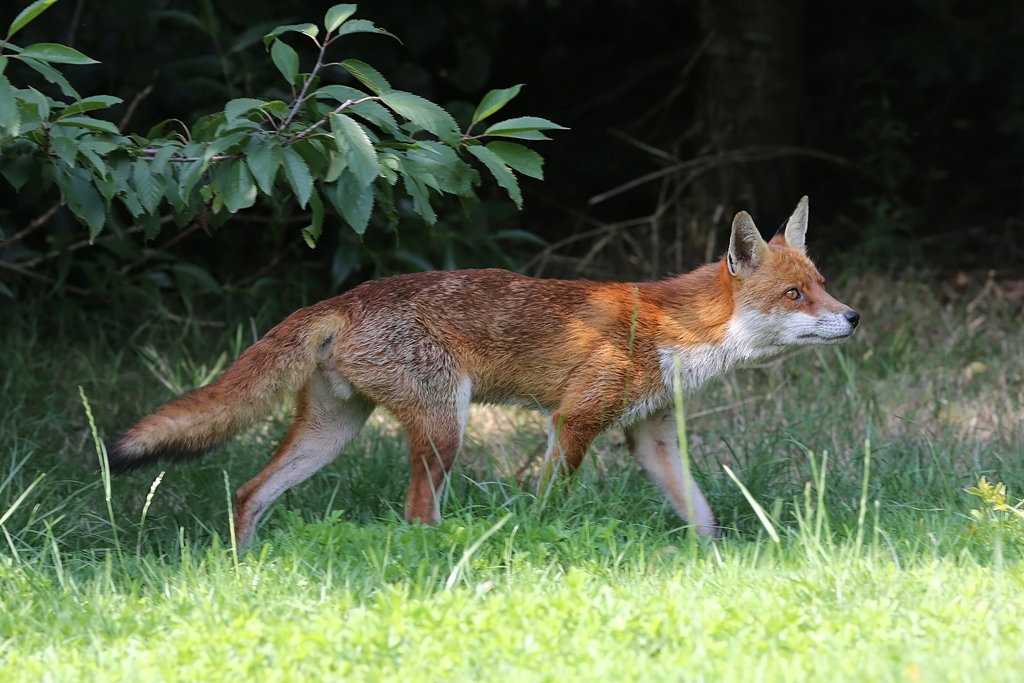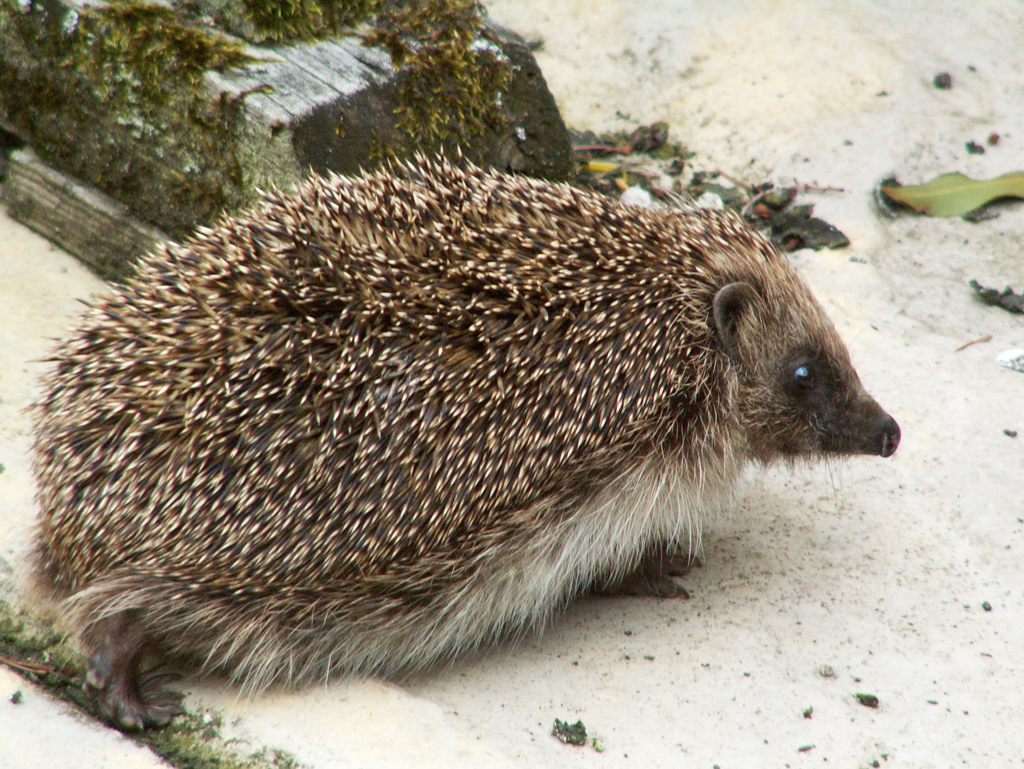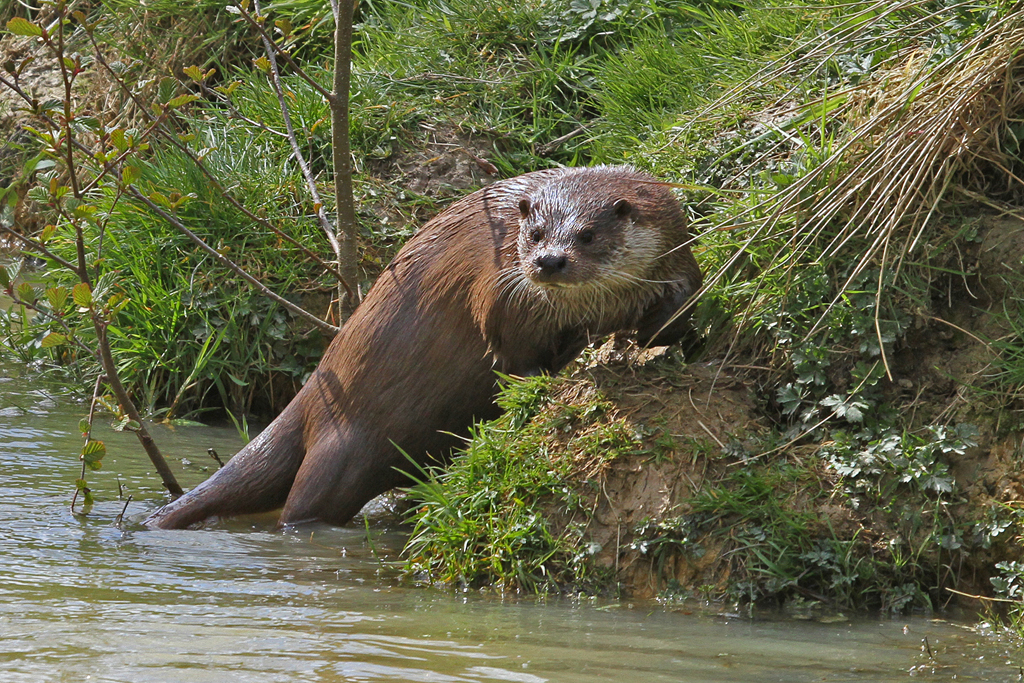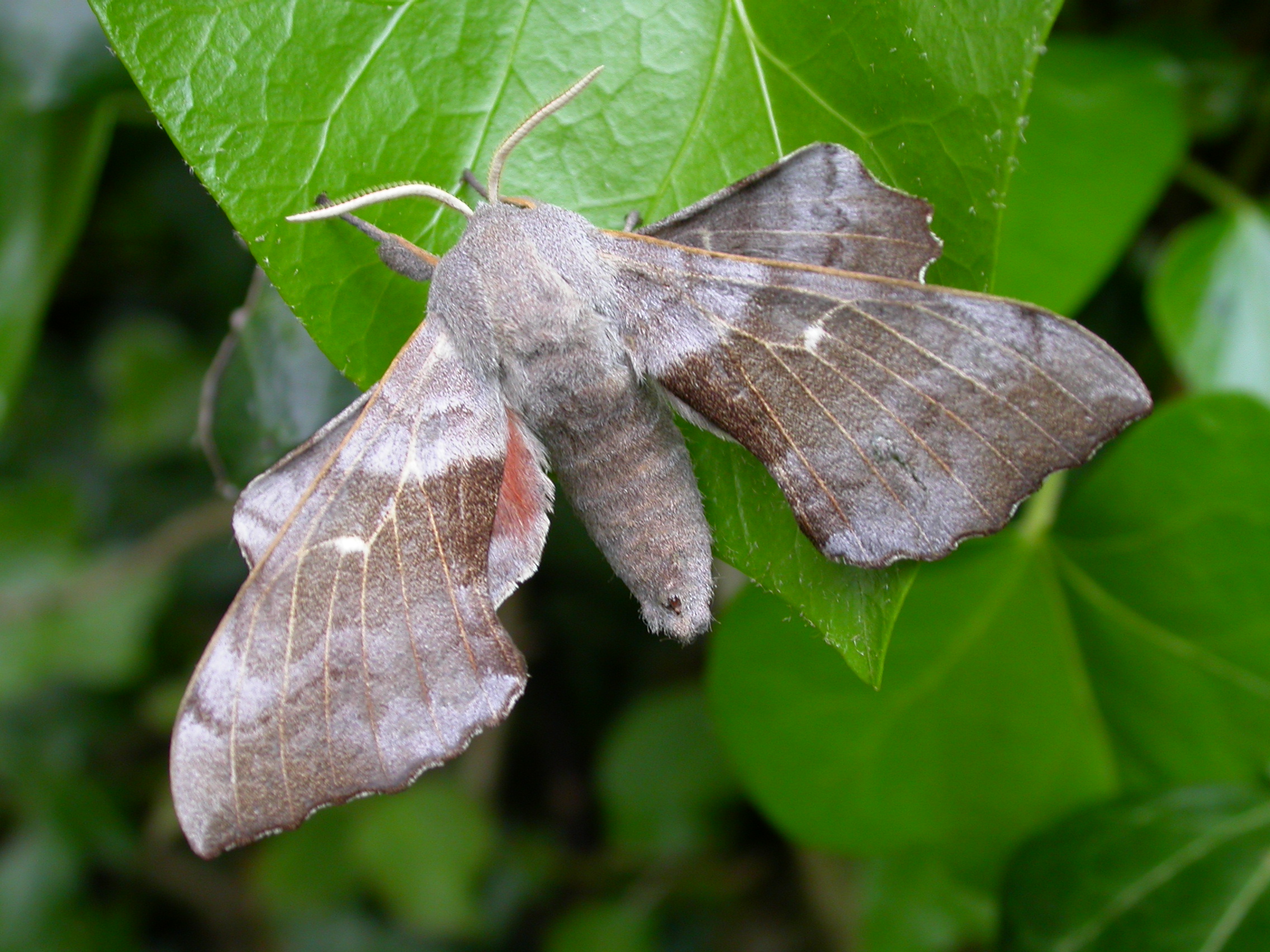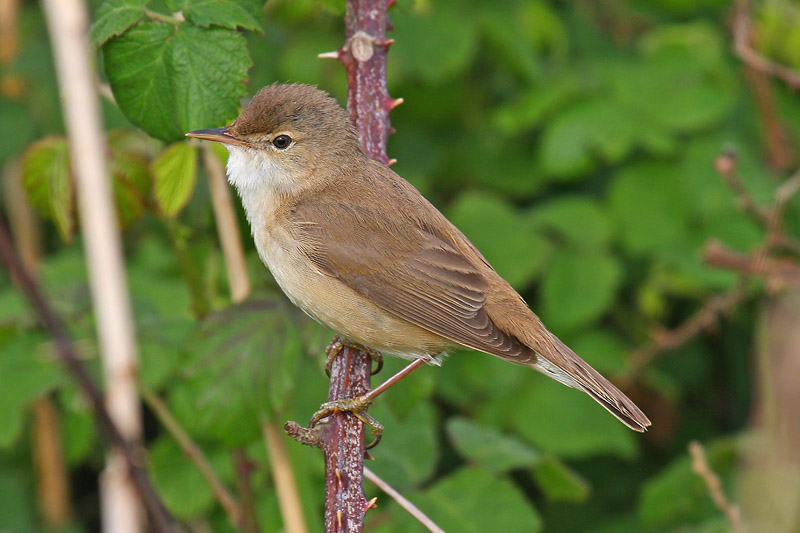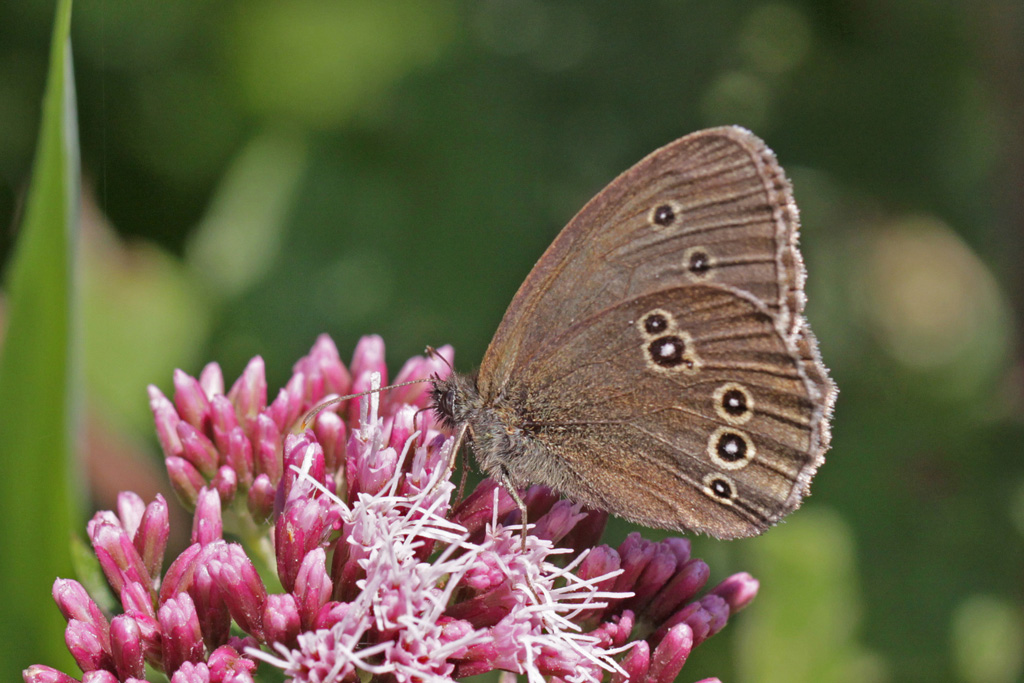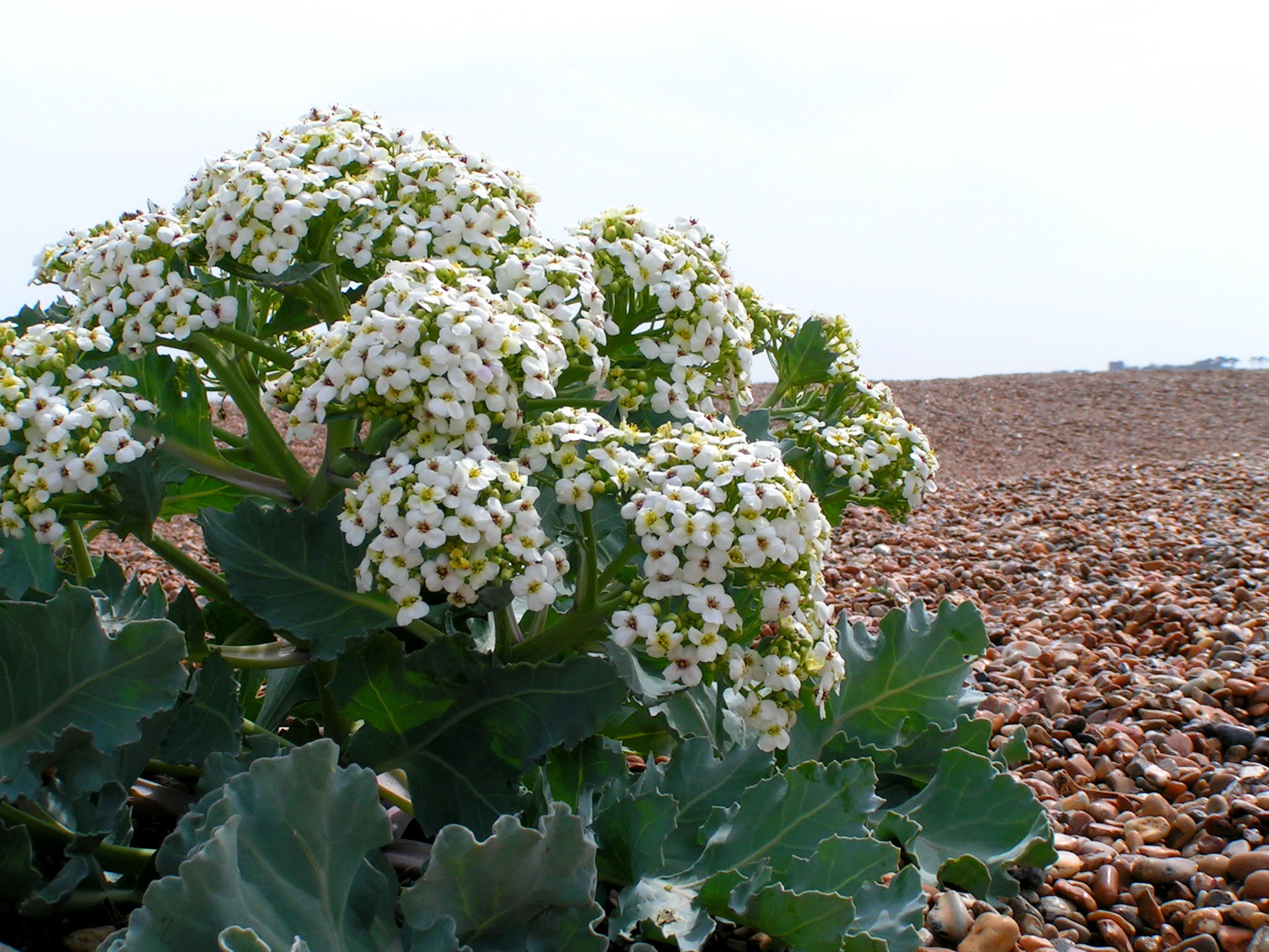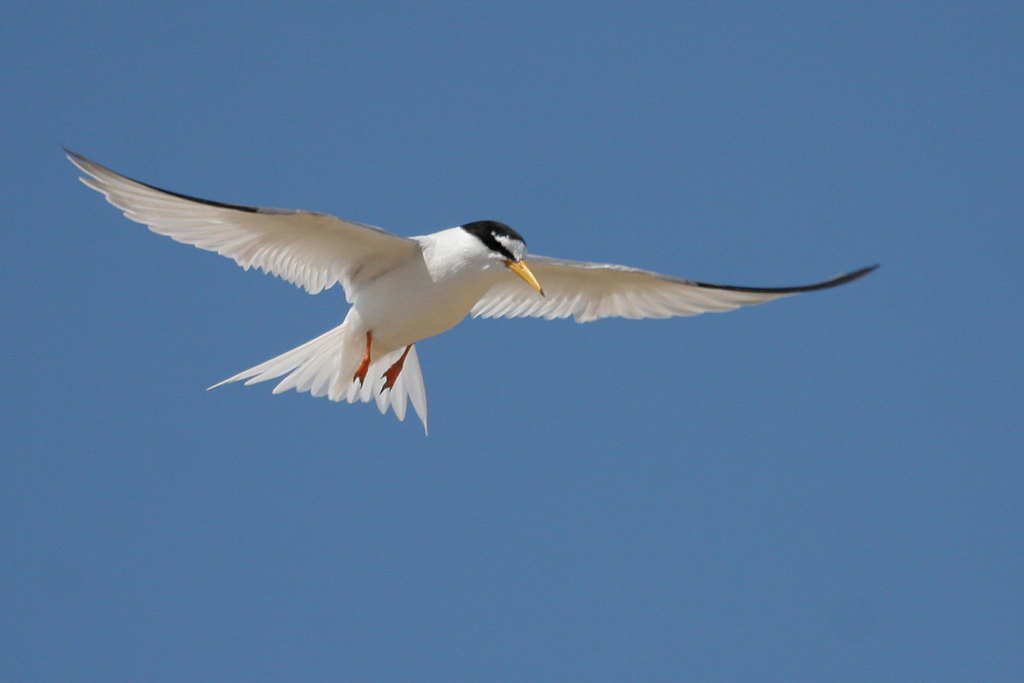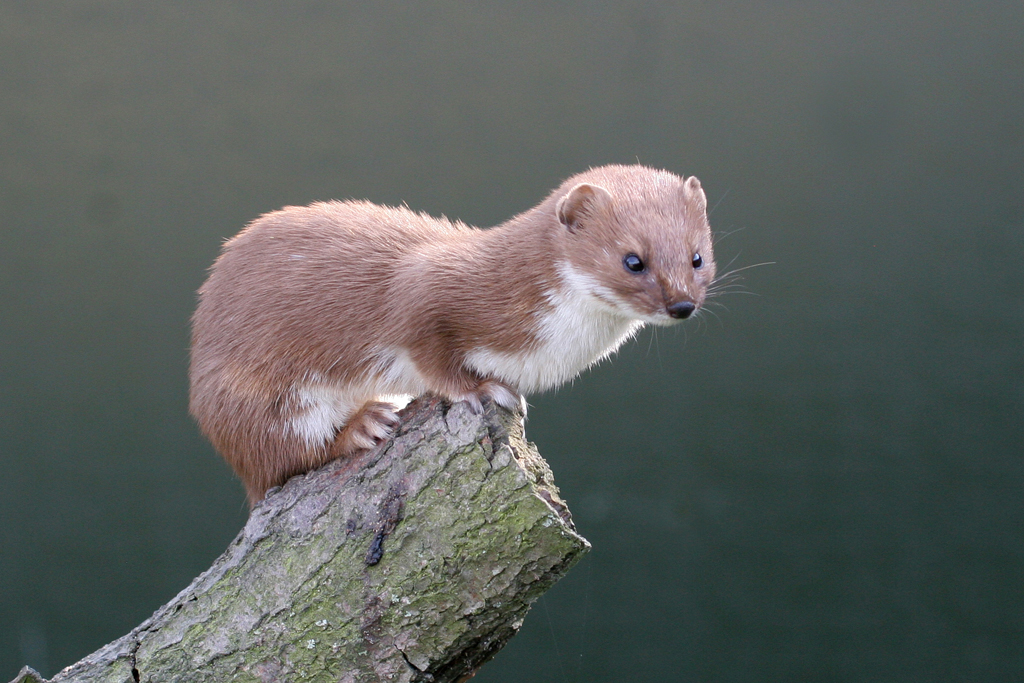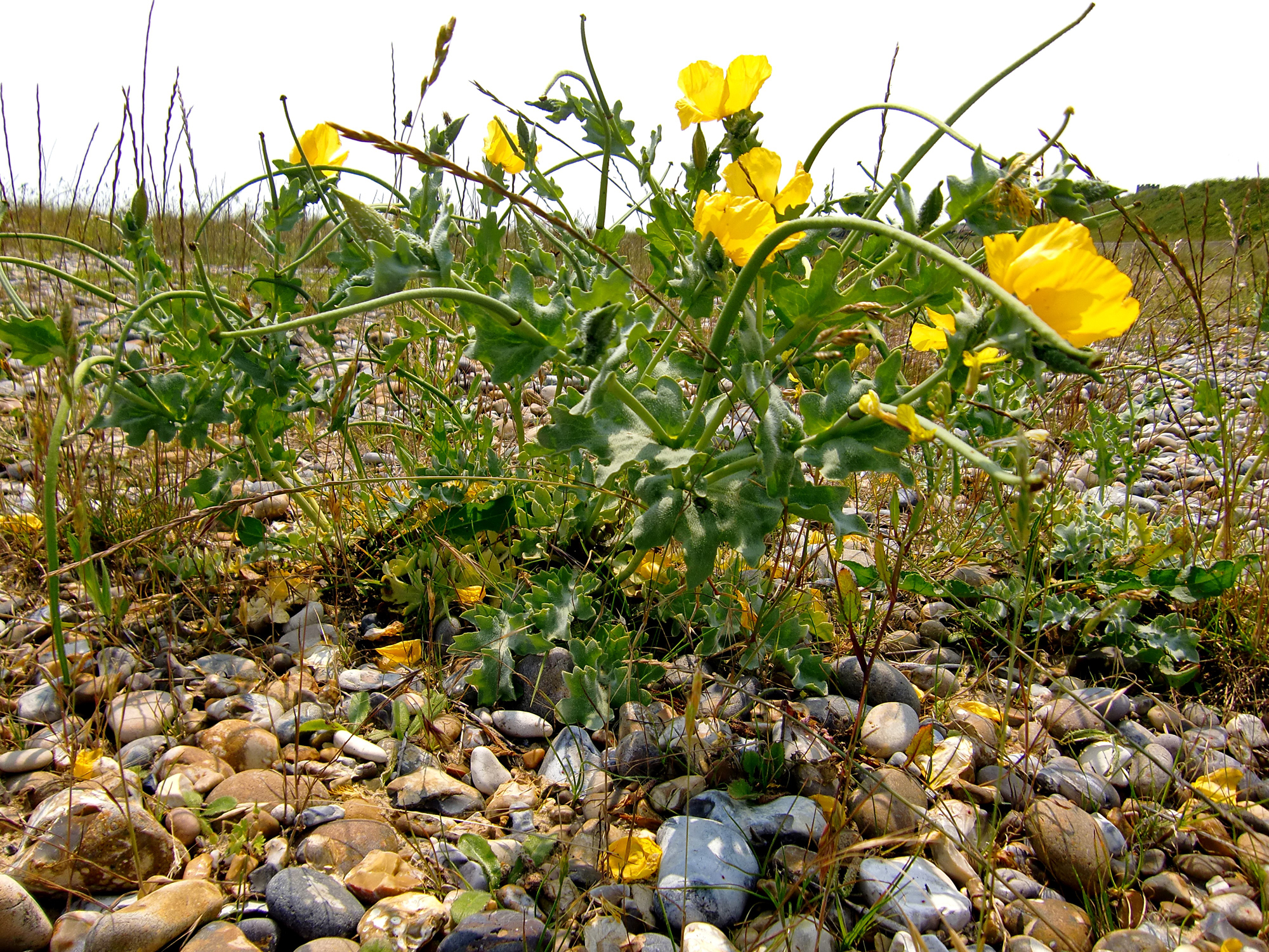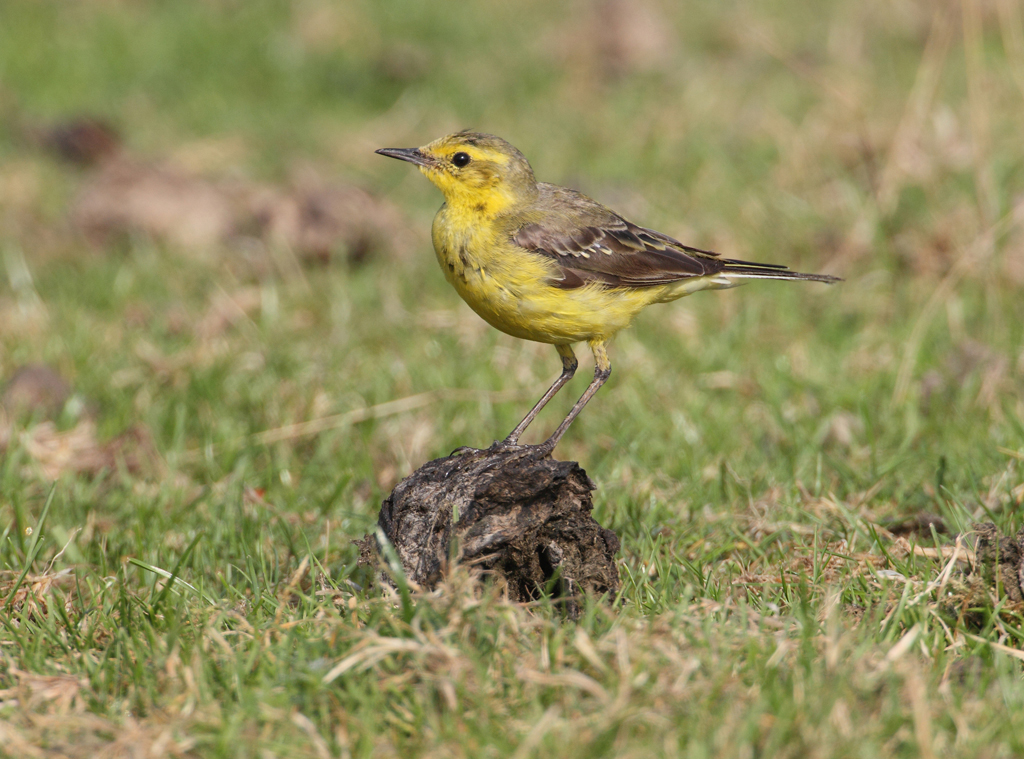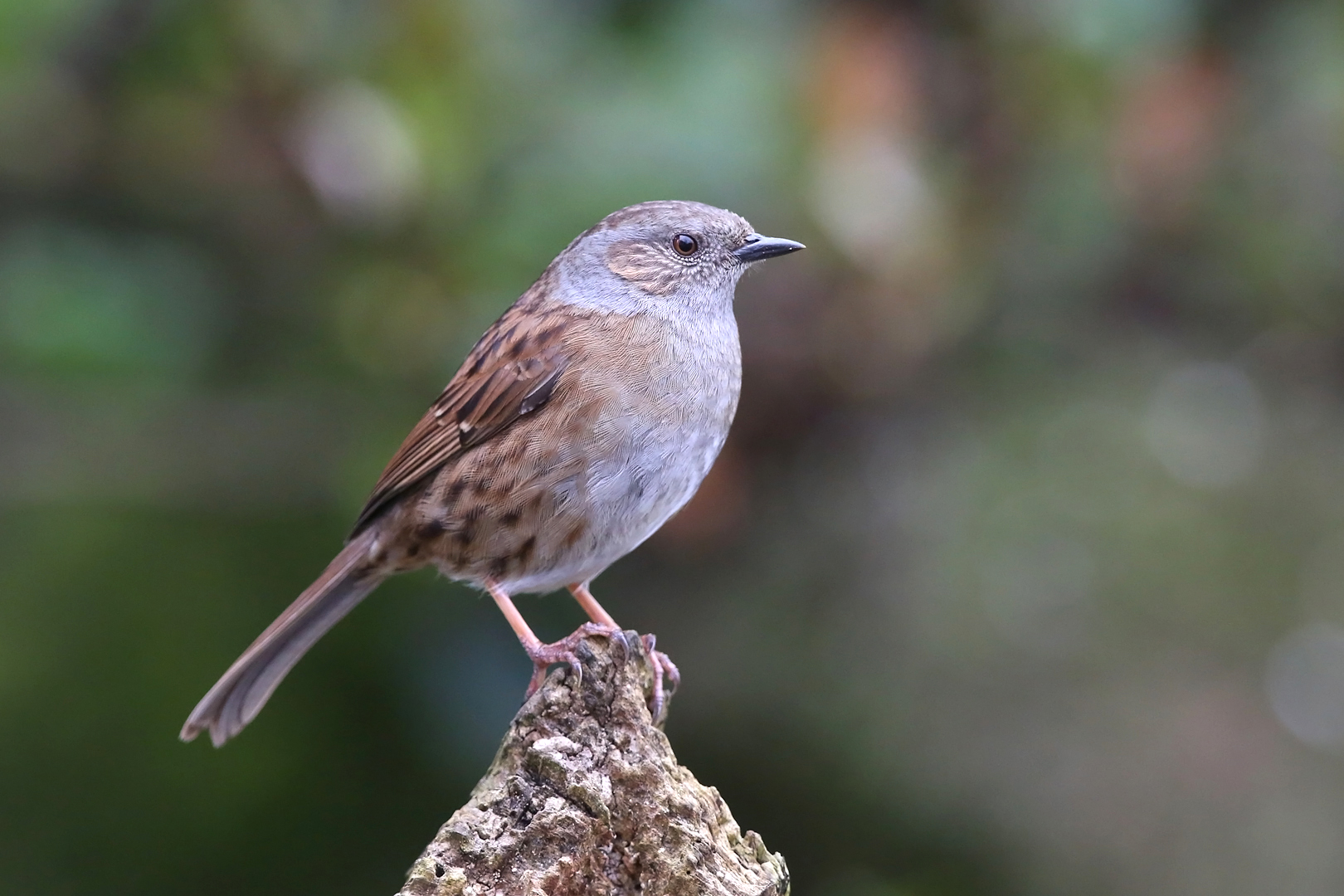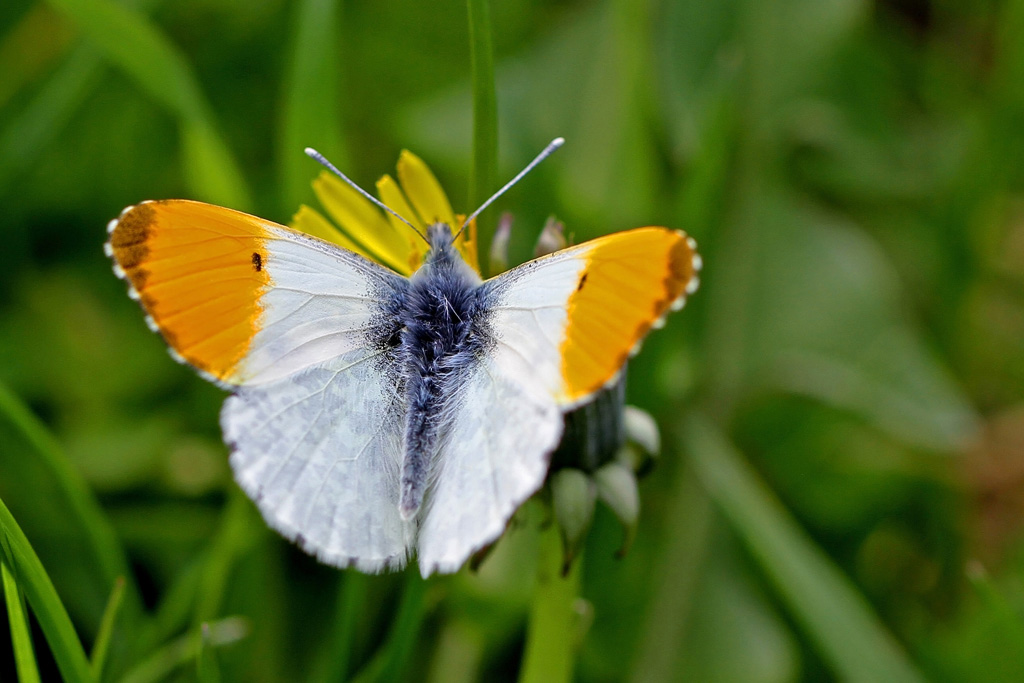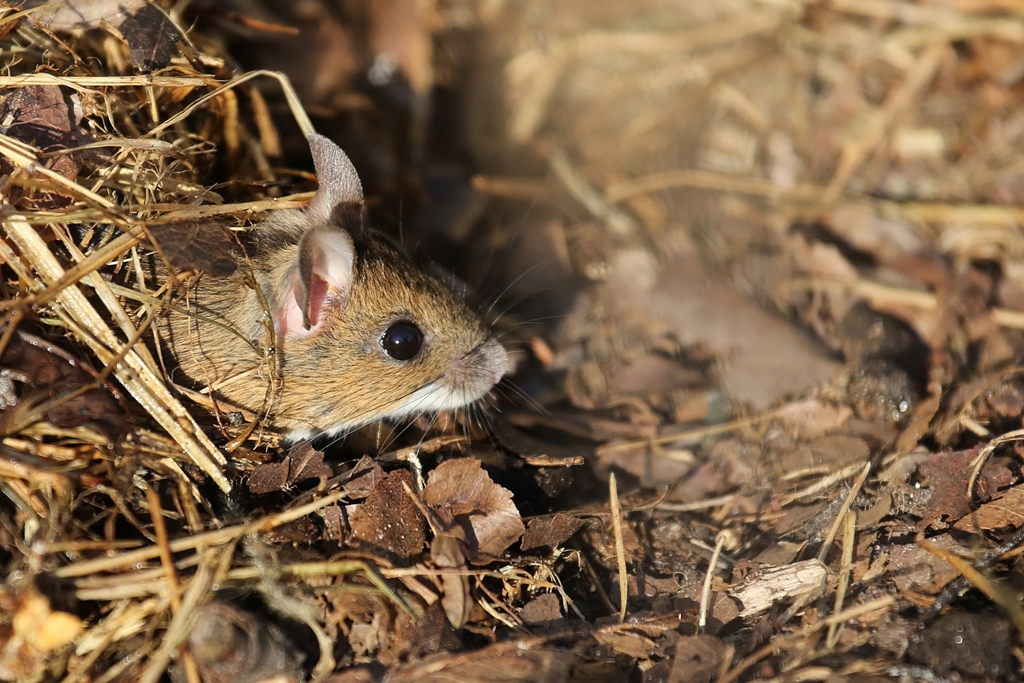Village Voices Nature Note: Sounds of Spring
03 May 2021
All the talk is of a ‘return to normality’. Yes, but as Aesop reminded us in one of his moral fables, we should be careful what we wish for. One of the compensations of lockdown has been that people have been exploring their immediate surroundings much more closely than ever before and seeing all sorts of things that were always there but unnoticed. Hearing them, too – for one of the revelations of the first lockdown was how transformative it was to be spared the noise pollution of air and road traffic and hear natural sounds again with such clarity. The buzzing of bees, the gentle soughing of leaves, a babbling stream, and above all the chorus of spring birdsong – all balm to the ear. It felt like a new experience, but it’s also an ancient one. Here is the Greek poet Theocritus, celebrating the sounds of summer in the third century BC:
Over our heads many an aspen and elm stirred
And rustled, while nearby a sacred spring
Gurgled gently, welling up from a cave.
In the shady foliage of the trees the dusky
Cicadas were busy chirping, and some distant songster
Murmured from deep in the thorny thickets.
Lark and finch were singing, the turtle dove crooned,
And bees hummed and hovered, flitting hither and yon.
Well, that sounds pretty familiar, if you change cicadas to crickets and think back to the time when we did still have turtle doves and elms. But I worry about that ‘distant songster’. As the traffic builds up again, I’ve noticed that the softer and higher-pitched ‘murmurings’ of birds like goldcrests, coal tits and tree creepers are getting harder to pick out against the background din. And that isn’t just my ageing ears suffering what audiologists call the ‘cocktail party problem’ of picking out individual voices in a crowd. I seem to spend more time in the woods than at cocktail parties anyway, but the real problem is that now even the birds are finding it increasingly difficult to hear each other. Research shows that they are having to sing louder to be heard in the modern world and that many of them are having to abandon otherwise suitable habitats near busy roads for just that reason. I find that rather sad. Think of a visual world that consisted only of loud colours. Think of an orchestra that only had trombones, cymbals and drums. So much of the beauty of both the landscape and the soundscape depends on variety, subtlety and harmony.
The Aesop fable has a bleak ending by the way. I won’t close on a low note but you can check it out at: https://fablesofaesop.com/the-old-man-and- death.html.
Jeremy Mynott
Village Voices Nature Note: far away and long ago
05 Apr 2021
There’s a lot of excitement about this Perseverance mission to Mars. The technology is amazing and the information we are getting back is remarkably detailed. For example, the night-time temperature there yesterday was a bracing -980F. They’ve equipped that extraordinary Rover vehicle to search for signs of past life. If they find any, it’s likely to be in the form of fossilised microbes about 3.5 billion years old. The mission is costing $2.7 billion and is thought well worth the price of satisfying the deep human urge to reach out and find life elsewhere in the universe.
I couldn’t help comparing that sum, though, with the current UK budget of £258 million for nature conservation and the protection of biodiversity. There is life on earth, right here and now, and it needs some help. Some of our own ancient inhabitants are in real trouble. Bees evolved sometime in the Cretaceous period, some 120 million years ago, at about the same time as flowers, with which they have ever since formed a mutual support system. The bees pollinated the flowers, which competed for their attention with the huge variety of different colours, shapes and fragrances they evolved to lure them in. In turn, the flowers offered the bees pollen and nectar and the bees themselves diversified to take advantage of this bounty. We come into this biological equation too, since we depend on crops the bees have fertilised – in fact it has been estimated that the value of pollination for human food is more than £110 billion a year.
But bees are declining fast. They have lost important habitats of flower-rich meadows and suffered terrible collateral damage from pesticides, herbicides and parasites. We’ve all read the headlines about this, but how much do we really know about them? Most people can recognise a bumble bee and a honey bee, but did you realise we have 24 different kinds of bumble bee in Britain and 270 other kinds of bee, 250 of which are called ‘solitary bees’ that don’t live in hives or big colonies. These have a huge range of life-styles, indicated by such intriguing names as miner, mason, leaf-cutter, wool-carder and sweat bees. Worldwide, there are 20,000 kinds of bees, more than all birds and mammals put together.
Well, you can see where my Easter parable is heading. Are we at risk of learning more about 3 billion-year old microbes on a dead and uninhabitable planet 140 million miles away than about the buzzing and blooming life that sustains our own live one and that lifts our hearts again every spring?
Jeremy Mynott
Village Voices Nature Note: Seasonal Cycles
01 Oct 2020
Just as the first arriving swallows in mid-April marked the beginning of spring, so the flock I now see gathering on the telephone wires portend our autumn. There must have been some fifty of them there this morning, all chittering and chattering furiously, as if psyching themselves up for their long journey to come. Every now and then, for no apparent reason, they suddenly all take off together in what birders call a ‘dread’ (a habit that swallows share with terns); they freak out in a cloud of fluttering wings, circle around together for a few seconds, and then settle back again, but restlessly, as if waiting for their flight number to come up on the celestial departure board. Strange to reflect that these same swallows will soon be swooping over elephants and ostriches in South Africa. We think of them leaving home to spend the winter there, but it will be spring in South Africa when they arrive, so who is to say where their true home is? It’s a continuous cycle of arrivals and departures.
We’ve just been through the seasonal spring cycle ourselves, one with its own strange paradoxes. There were the contrasts between the record-breaking sunny weather and the looming climate crisis, and between relief in the wonderful new silences and the horror at the headlong progress of the pandemic. The national lockdown rightly imposed serious restrictions, but many people found it liberating to take up new interests or revive old ones. They lost themselves and found themselves in activities like gardening, music, art, physical exercise, reading, crafts and games. Nature too provided great solace as people saw and heard things close to their own homes they had never properly appreciated before. As soon as lockdown was announced on 23 March, I agreed with two naturalist friends living in different parts of the country, Michael McCarthy (London) and Peter Marren (Wiltshire), that we would each keep detailed diaries of our experiences of this extraordinary Covid spring and then combine them to share with others our sense of the delight and inspiration the natural world can offer in a dark time of stress and anxiety. We made a book of it, which will be published in mid-October. The Consolation of Nature is the story of what we discovered by literally walking out of our front doors.
These seasonal cycles are just that, cycles in which the end of one season is the beginning of the next, which in turn brings us back to the beginning again, but not quite the same as we were before. Hopefully knowing more, caring more and more deeply grounded in the only world we have.
Jeremy Mynott
Village Voices Nature Note: Sounds of Summer
01 Sep 2020
I have a wonderful childhood memory of high summer – just lying in the long grass, looking up at the blue bowl of the sky and hearing the sounds of crickets and grasshoppers chirping away endlessly all around me. This came back to me the other day when I found a splendid Roesel’s bush cricket actually sitting on my back gate. The bush crickets are a special group, considerably larger than most grasshoppers, and make very loud and distinctive sounds. Whereas grasshoppers produce these by rubbing their wing-cases against their legs, bush crickets do it by rubbing their wings together. An expert can distinguish all their different ‘songs’ just as easily as different bird songs, though alas they are so high-pitched that once you’re over 50 you start losing them. I do remember the Roesel’s song, however: an extraordinary crackling like the sound of overhead electricity pylons. Naturalists have had to resort to equally bizarre similes to describe the other species in the stridulation section of this insect orchestra: the great green bush cricket ‘like the sound of crystal beads dropped in a stream down a crystal stair’; the cone-head ‘a quiet sewing-machine purr’; while the alarmingly-named wart-biter cricket produces a rapid burst of short clicks; and the oak bush cricket uses his long hindlegs to beat out a tap-dance ‘like the sound of soft rain’.
Grasshoppers have inspired some human music, too. Benjamin Britten composed Two Insect Pieces for piano and oboe, where the bounding gait of the grasshopper is contrasted with the angry buzzing of the wasp. And John Keats celebrated the cricket chorus in a lovely poem that begins, ‘The poetry of earth is never dead’, making the point that you could hear crickets through winter as well as summer. Or you could then, when the cricket on the hearth, immortalised in Charles Dickens Christmas Story, was a cheerful presence in many households. It is said that you can use the house cricket’s chirps as a thermometer. The formula for a centigrade reading is: count the number of chirps in 14 seconds, add 25, divide by three, then add four. So, if your cricket chirps 112 times a minute it should be about 20°C outside. Check it out though you may have to listen for your house cricket in a boiler room nowadays.
Crickets and grasshoppers are all members of the large family called the orthoptera (meaning ‘straight-winged’), which also includes the grasshoppers of folklore we now call locusts. Despite their destructive reputation, the Bible calls them one of the four ‘little things’ regarded as ‘exceeding wise’, along with ants, spiders and rabbits. ‘Why?’ is another story.
Jeremy Mynott
Village Voices Nature Note: Silver Linings
01 May 2020
I took my usual daily walk yesterday, rambling along familiar paths and enjoying the sights and sounds of another spring. Everything was the same, but nothing was the same.
First there was the bird song. From a blackthorn clump a blackcap was singing – a lovely clear fluting, as pure as a mountain stream. In the background was the softer trill of a tree-creeper, rounded off with a sweet little flourish at the end, like a signature. While high above, a skylark was unfurling its silken chain of song in never-ending spirals. What was so wonderful was how distinct and well-defined all these and the other bird songs were, with no traffic, mechanical or plane noise to mask and muffle them. Recent research has shown that some birds can no longer breed close to motorways, for example, because they simply can’t hear their own songs. But in this new, pre-industrial silence they are pouring their hearts out.
Toads are now slithering their way over country lanes to their spawning ponds without risking the usual mass carnage from commuter traffic. Hedgehogs too can scuttle across to the nearest garden in safety. In big cities like London, the greatest and almost immediate change is in the improved air quality, now that we’ve temporarily stopped pumping tons of noxious carbon- dioxide into the atmosphere. And we read that in Venice the waters in the canals are running clear for the first time in living memory and shoals of fish are miraculously re- appearing in them, while swans glide serenely under the bridges. In the Welsh seaside town of Llandudno, wild goats have come down from the hills and are wandering through empty streets to browse in the town parks. Even our Nature Reserves are closed to Homo sapiens and really will be ‘reserved for nature’ for the duration. Wildlife everywhere is flourishing in glorious abundance in our absence. ‘Full many a flower will bloom to blush unseen / and waste its sweetness on the desert air’, as the poet Thomas Gray put it. Yes, so they will, but ‘waste’? I don’t think so. One can sense the whole earth breathing again with relief.
What about us? Will we be re-wilded too? A lot of people are certainly finding great solace and delight in nature, often for the first time in their busy and distracted lives. But will we remember this when it’s all over? Silver linings come with golden opportunities. This crisis has bought us some time, but the next one will soon be upon us. We know what it is and we know it’s coming – it’s the climate crisis.
Will everything stay the same or will something change?
Jeremy Mynott
The greening of the rocks
12 January 2017
The rocks in the East Lane defences are beginning to become a little mini-environment. They are greening very nicely with sea-weed, which attracts its own marine life, which in turn has become a resource for purple sandpipers (a rare visitor on this coast, more at home on the rocky shores of the NE). There was one roosting in full view on the old breakwater – how about a new groyne to attract some others!
Jeremy
End of year
30 December 2016
Thanks to everyone who has supported and contributed to this survey over the last two years. It continues! I have already noted various additions to those listed in the appendix of our booklet, Knowing Your Place: wildlife in SS, and I've arranged for some experts to come here in 2017 to do proper surveys of some categories that were not fully covered first time round. We plan a second edition at some stage and will keep you posted. Meanwhile a happy and successful new year to all ... including the wildlife.
Jeremy
This is a report of the bird ringing that has been undertaken in Shingle Street over the last ten years by Mervyn Miller and his colleagues. Birds are trapped in specially designed ‘mist nets’, then examined, weighed and ringed with tiny metal rings, each of which has a unique, identifying code number.
[Continue reading →]
Bird ringing
16 Aug 2015
We had a bird-ringing demo this morning (early) from Mervyn, who rings regularly in SS. Most of the catches were common garden birds like robins, great tits and dunnocks, but there were also several migrant warblers like common and lesser whitethroats, reed warbler, garden warbler and this very bright willow warbler – all of these heading south to Africa this month.
Jeremy
Bird ringing
02 Aug 2015
There will be a bird-ringing demonstration at the Secret Garden from 7.30am on Sunday 16 August. All welcome, including children. See birds in the hand instead of in the bush.
Jeremy




